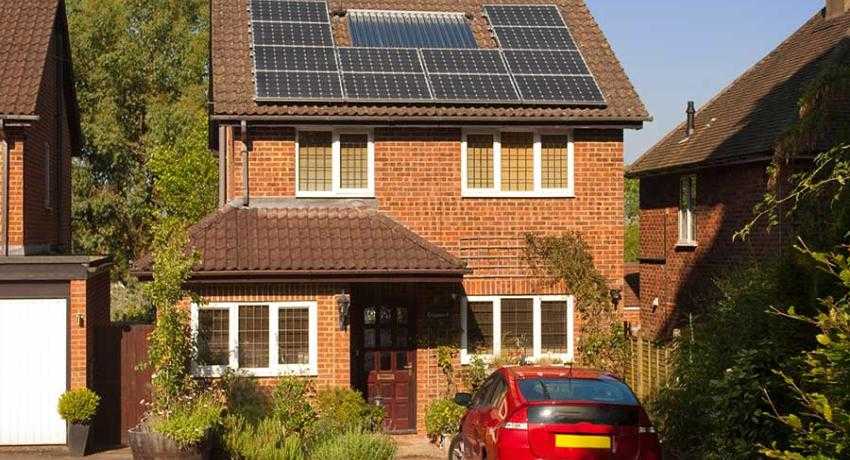Oregon to Prevent HOA’s From Banning Residential Solar Rooftops
On May 31, Oregon lawmakers passed HB 2111 by a wide margin: 56 to 3 in the House, and 19 to 9 in the Senate. The bill prevents homeowner’s associations, or HOAs, from banning rooftop solar installations – a battle that has been ongoing since 2013, according to Democratic Chair Senator Mitch Greenlick, the bill’s sponsor.
Such battles between HOAs and homeowners are nothing new. Most have resulted in favorable passage of bills and amendments allowing solar photovoltaic rooftop panels. This was the case in California, where AB 2188 (December 17, 2014), aka the Solar Rights Act, prevented HOAs from banning solar energy on their properties purely for aesthetic reasons.
However, the law does allow HOAs to enforce “reasonable restrictions” on such installations – restrictions defined as “not effectively preventing or curtailing the installation or use of a solar energy system”. Translating from legalese, this means that any action which raises the cost of a solar energy system by $1,000, or diminishes its performance by more than 10 percent, can’t be enforced.
The bill came too late to rescue some solar roof hopefuls like Betty Segars, of Kentfield, California, who applied to have solar panels installed on her home in July, 2014, by Sunrun, Inc. a residential solar energy installer based in San Francisco.
After paying out about $500 in deposits and application fees, Segar’s HOA told her the panels were the wrong color. The decision – like so many that have hindered the uptake of rooftop or ground arrays of solar panels – is one that has resulted in legal challenges across the country, especially in areas where solar insolation is very favorable to solar power.
Before solar panel installations became so widespread, HOAs were in the habit of banning or severely restricting solar panels on purely aesthetic terms. These regulations were sometimes so picayune they governed every facet of a house’s exterior (i.e., approved paint colors, guttering and downspouts, porch styles and finishes, even the color of roof tiles, the storage of trash cans, and the planting of trees or shrubs).
Since then, more than two dozen states have passed laws preventing HOAs or local governments from blocking solar rooftop or ground array panels except in very rare instances.
Utilities, which saw the handwriting on the wall at about the same time, also tried to restrain residential solar panel installation growth because enough systems in an area could disrupt the classic utility business model. This occurred when enough individual solar power installations could be tied together to create distributed energy (aka community solar energy). As this distributed energy model spreads, there are fewer and fewer utility customers to pay the costs of generating energy, let alone other grid assets – a situation known as the “utility death spiral”.
Currently, 23 states have passed laws preventing HOAs from blocking solar installations on purely aesthetic considerations:
- California
- Colorado
- Florida
- Hawaii
- Illinois
- Indiana
- Iowa
- Louisiana
- Maine
- Maryland
- Massachusetts
- Nevada
- New Hampshire
- New Jersey
- New Mexico
- North Carolina
- Oregon
- Texas
- Vermont
- Virginia
- Washington
- West Virginia
- Wisconsin
It is, however, best to consult the local HOA and work with them (perhaps even through them, since they may be more familiar with city, county, and state solar installation laws).
In Oregon, where HB 2111 awaits only the governor’s signature, State Senator Greenlick is very hopeful, even though the bill was revised to include a measure that permits HOAs to “adopt and enforce a provision that imposes reasonable size, placement or aesthetic requirements” on solar installations.
And in Milwaukee, a 34-home subdivision is not only not opposing solar installations, it is mandating them, via a program where the cost is added to the mortgage and amortized. This is basically a PACE (Property-Assessed Clean Energy) program in all but the small print, which developer and CEO Matt Neumann, of Neumann Companies, says is too complicated for small residential developments.




